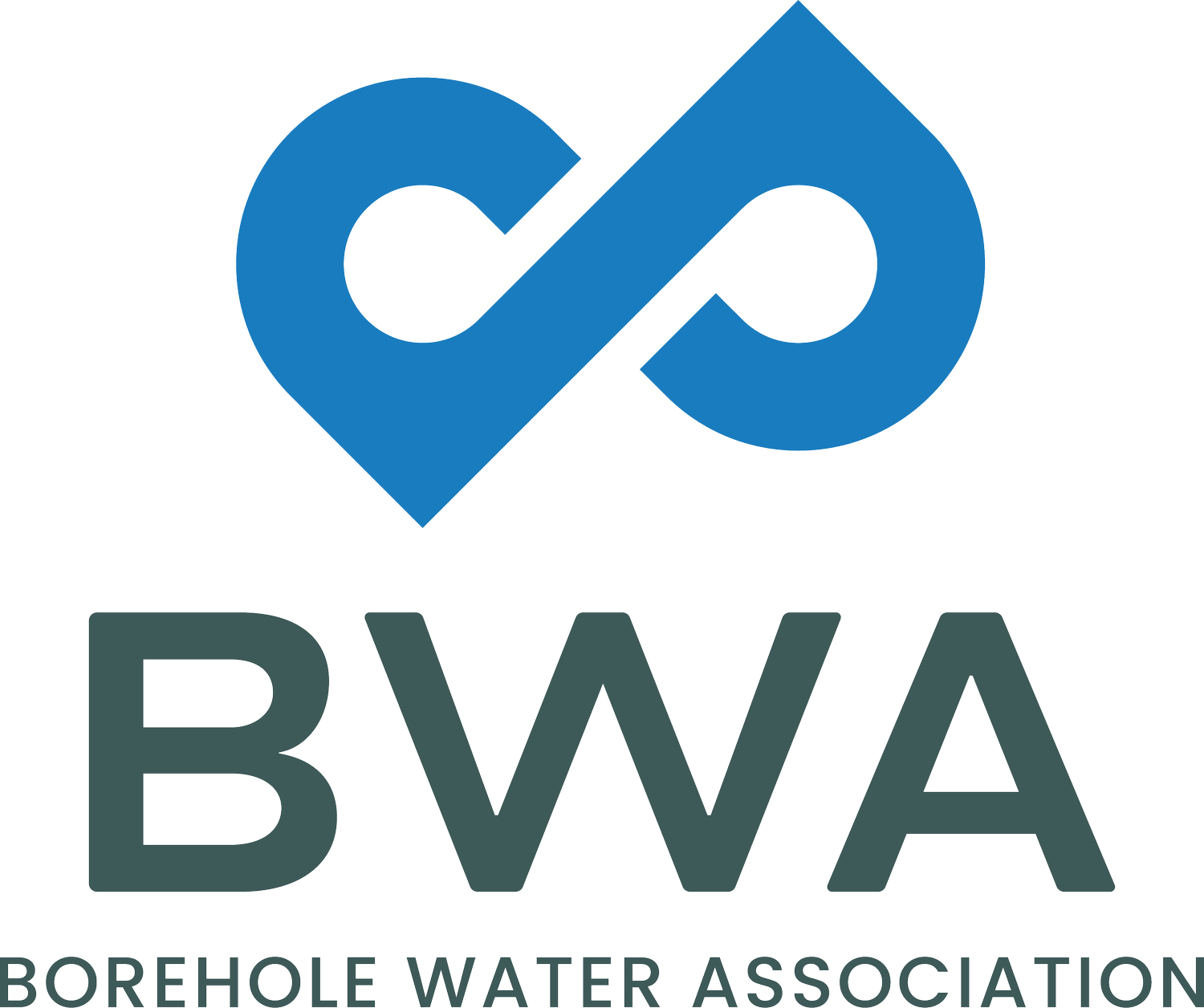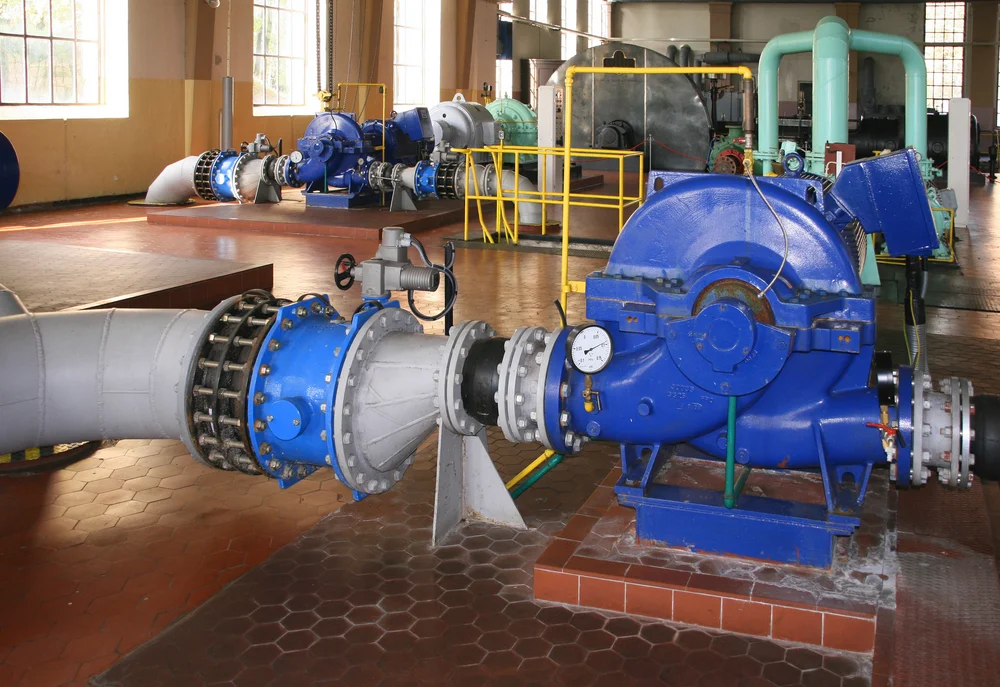Hydropedology focus added to water use licence consideration
/Growing awareness around the importance of wetlands is leading the Department of Human Settlements, Water and Sanitation (DHSWS) to request specialist hydropedological studies from companies applying for water use licences under certain conditions.
Christie Terrell, senior scientist at SRK Consulting (SA)
Hydropedology – the study of the interaction between soils and water – provides insights into interflow processes in the sub-surface area between surface water and groundwater. According to Christie Terrell, senior scientist (Water Resources) at SRK Consulting, the field helps to understand the flow drivers contributing to wetlands and water courses that may be impacted by the activities of the water licence holder.
“By understanding the flow drivers, developers can make better decisions about which mitigation measures need to be in place for a project,” said Terrell. “highlighting which areas need to be protected to preserve the main feeder flows, and which areas can be developed.”
Candidate engineer and bioresources engineer at SRK Consulting (SA), Roanne Sutcliffe
The DHSWS may request hydropedological studies in accordance with their guidelines in terms of Sections 21(c) and 21(i) of the National Water Act, 36 of 1998, according to Roanne Sutcliffe, a Bioresource Engineer at SRK Consulting. These sections refer to the two water uses most commonly linked to wetlands.
“Any development or operation within a 500-metre buffer zone of a wetland will fall within the ambit of these sections, and will trigger the requirement for a hydropedological study,” said Sutcliffe.
Terrell highlighted that, whenever a surface water or groundwater study is required, companies also need to consider whether a hydropedological study may be required in their context. Such a study will investigate features like hill slopes and soil properties around a wetland or water source, and how these features interact with hydrological elements.
“A hydropedological study will include an exploration of how water will flow through the soil on a hill slope,” she said. “Traditionally, a wetland study will focus on the wetland itself and its buffer zones – but not really on how those wetlands are being sustained, including the hill slopes and flows in the area that affect how they are fed.”
She noted that a better understanding of interflows is important, not just in terms of environmental impact mitigation and rehabilitation, but in terms of how sub-surface water could directly endanger a construction or mining project.
“If a development is planned on a hill slope that has a significant interflow component, the client may be dealing with a lot more water than originally anticipated,” said Terrell. “Project planning needs to be informed by how soils will react.”
Sutcliffe emphasised that different soils will have different flow components, so they will respond differently to water flowing through the sub-surface area.
Fortunately, South Africa has been involved in numerous research projects regarding hillslope hydrology and the discipline of hydropedology has evolved globally over the past two decades, with South African researchers providing valuable direction in the development of the discipline. The local academic community includes a number of specialists in this field, including Dr Simon Lorentz, a principle hydrologist at SRK, and an honorary associate Professor at the School of Bio-Resources Engineering and Environmental Hydrology, University of KwaZulu-Natal.
“While there has been pioneering research conducted in the field of hydropedology in South Africa, it has only recently started being applied by industry,” said Sutcliffe. “The new focus by DHSWS on hydropedological studies is likely to see this application increasing sharply.”
About Christie Terrell
Christie Terrell is a Senior Scientist in the SRK Johannesburg office. Having completed her BSc in Environmental Science (Chemistry Stream) through UNISA, she has been with SRK since 2008. Her areas of specialisation include hydrochemical evaluation, characterisation and remediation of groundwater contaminated sites, risk assessments and groundwater management.
About Roanne Sutcliffe
Roanne Sutcliffe, Candidate Engineer, is a Bioresources Engineer in the SRK Durban office. She has been with SRK since the beginning of 2019, after having recently completed her MSc Eng in Agricultural Engineering at UKZN in which she studied the impacts of land use changes on water resources. Her areas of specialisation include hydrological and environmental modelling, GIS and remote sensing applications, and sustainability assessments.
About SRK
SRK is an independent, global network of consulting practices in over 45 countries on six continents. Its experienced engineers and scientists work with clients in multi-disciplinary teams to deliver integrated, sustainable solutions across a range of sectors – mining, water, environment, infrastructure and energy. For more information please visit www.srk.co.za
Issued by Thuli Mhlongo (thuli@sbpr.co.za) on behalf of SRK Consulting.






